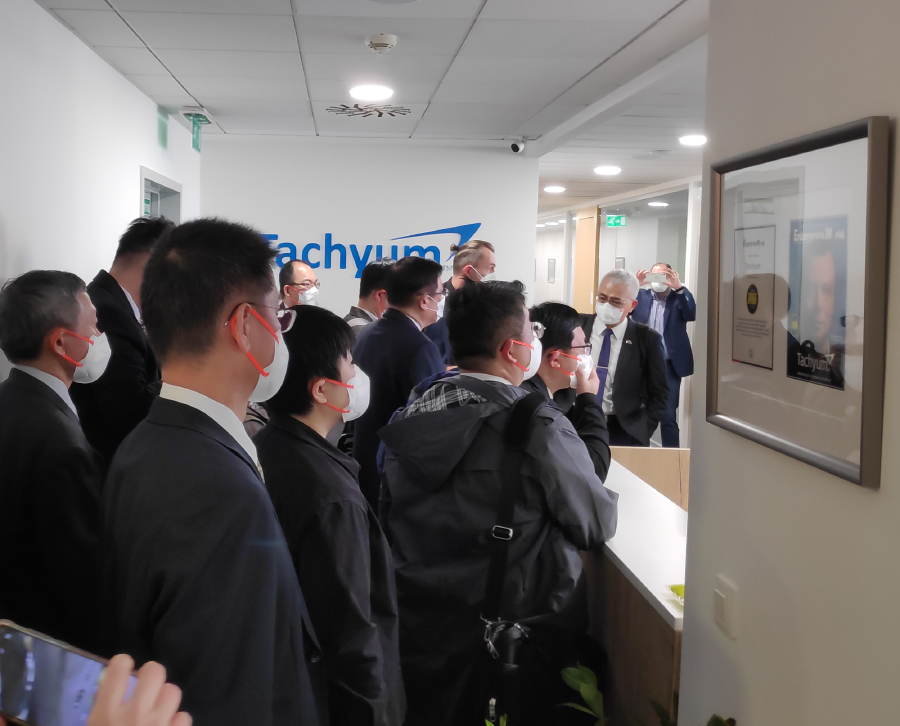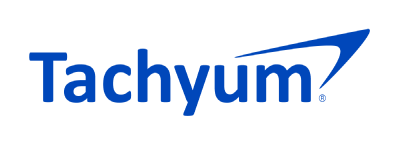Latest Blog Posts
January
- | By Dr. Radoslav Danilak
AI Market Correction or Efficiency Revolution? How DeepSeek and Tachyum Are Redefining the Future of Artificial Intelligence
Industry experts suggest that the decline in stock prices of U.S. AI companies reflects a correction of market enthusiasm rather than a shift in fundamentals and is unlikely to impact long-term valuations. There are multiple reasons for this. The AI hardware market is experiencing shortages, driving up prices for components like DRAM and leaving many contracts unfulfilled.
The Capital Expenditure (CAPEX) of U.S. hyperscale and AI companies remains steady, driven by consistent demand and monetization. AI is enhancing efficiency across industries, driving financial returns that sustain strong demand. Lowering the cost of AI—much like the shift from mainframes to minicomputers and PCs—has not shrunk the market but has significantly expanded it. Microsoft’s CEO referencing Jevons Paradox was no coincidence. The paradox is named after William Stanley Jevons, a 19th-century English economist, who observed that technological improvements that increased the efficiency of coal use led to the increased consumption of coal in a wide range of industries. “It is wholly a confusion of ideas to suppose that the economical use of fuel is equivalent to a diminished consumption.” (W. Stanley Jevons, “The Coal Question,” 1865)
June
When Silicon Valley is mentioned, everyone instantly imagines a unique area in California with the most prestigious technology companies, where the best talent in the world work on technological innovations. It is a hotspot that the whole world knows.
Could you imagine such a technological hub with a similar reputation in Europe or even in Slovakia? It sounds like science fiction, but the key to success could be the world’s fastest AI supercomputer that Slovakia intends to build.
April
The Slovak economy is known worldwide mainly for its automobile manufacturing industry. To diversify and strengthen Slovak economic development, it will be crucial to transition from a manufacturing-based economy to a knowledge-based economy. Tachyum’s semiconductor R&D and its product development can be an important factor in achieving this transition. This was confirmed by members of the Taiwanese delegation, who recently visited Tachyum’s Bratislava offices in late March.

January
- | By Dr. Radoslav Danilak
What’s next? Human brain-scale AI Human brain-scale computing is now looming on the horizon, and it could change your life more than electricity.
Funded by the Slovakian government using funds allocated by the EU, the I4DI consortium is behind the initiative to build a 64 AI exaflop machine (that’s 64 billion, billion AI operations per second) on our platform by the end of 2022. This will enable Slovakia and the EU to deliver for the first time in the history of humanity, a human brain-scale AI supercomputer. Meanwhile, almost a dozen other countries are watching this project closely, with interest in replicating this supercomputer in their own countries.
Tachyum was a highlight among exhibits at Expo Dubai with the world premiere of its Human Brain-Scale AI presentation, powered by its Prodigy Universal Processor.
In cooperation with the Ministry of Foreign and European Affairs of the Slovak Republic, Tachyum hosted the event featuring an in-depth discussion on the importance of AI and supercomputers, which will reach human brain-scale AI in 2022. Prominent guests included Ingrid Brockova, State Secretary of the Ministry of Foreign and European Affairs of the Slovak Republic, Radoslav Danilak, Founder and CEO Tachyum; and Steve Furber, ICL Professor of Computer Engineering at The University of Manchester, who was recently awarded the Charles Stark Draper Prize for contributions to the invention, development, and implementation of reduced instruction set computer (RISC) chips. The debate was moderated by Tarek Jundi, Founder and CEO MindMover.
November
Tachyum Emulation portal
During development of a new processor, close cooperation of architects, hardware, software, and verification teams is necessary. Architects are responsible for the design of the chip, its instruction set, fetching and evaluation process of each instruction, cooperation, and data exchange between CPU cores and between the entire CPU in a multi-socket configuration. Many more of their activities define overall properties, performance, and the processor’s ability to communicate with external peripherals.
Self-driving cars have become a reality, with Tesla in the lead by far. With their cars collecting millions of miles daily, it would take many years for EU vendors to catch up. However, Tachyum technology, which could be 10 times faster than Tesla, empowers EU to not only catch up but exceed that number in 2-3 years.
Why is this important? What are the benefits to drivers and passengers?
Let’s look at history that shows that driving cars goes hand in hand with accidents. There are passive and active components to protect passengers in cars with passive ones focused on minimizing accident impact. These include seat belts, air bags and more. Active ones are designed to prevent accidents and make driving safer.
Unless a country is a superpower, it’s not easy to attract the world’s attention. For a small country to get the support of other nations and peoples, it needs something unique, something that’s the best in the world.
If a country wants to be recognized as a supercomputing power, it’s not enough to have a supercomputer in the top 100. It’s not even enough to have a supercomputer in the top 50. There are nearly 200 countries in the world. If researchers want a supercomputer to solve the most complex and challenging calculations, they don’t want the 50th best supercomputer. They want the best, second best, or maybe the third best.
Innovation and technological potential of the Eastern Slovakia region is still a bit undiscovered. The IT sector is extraordinarily well developed here. Dr. Radoslav Danilák, CEO and founder of Tachyum, and Robert Cisár, Business Development Manager, visited Cassovia New Industry Cluster (CNIC), Košice IT Valley Cluster and Pavol Jozef Šafárik University. The result of the meetings is a perspective collaboration to support education in the field of supercomputers and AI, cooperation in commercialization of scientific knowledge and intellectual property, building High Performance Computing infrastructure based on Tachyum reference architecture.
August
Artificial Intelligence, or, put more simply, faster computation speed, is critical for progress in nearly all aspects of human life. This includes drug and vaccine development, agriculture, logistics and transportation systems, national defense, and much more.
It is also crucial for making our planet greener, at a time when the effects of climate change are ravaging our world. AI will spawn progress in weather and disaster forecasting, reducing industrial emissions, designing fuel-efficient engines, preserving natural habitats, and more.


